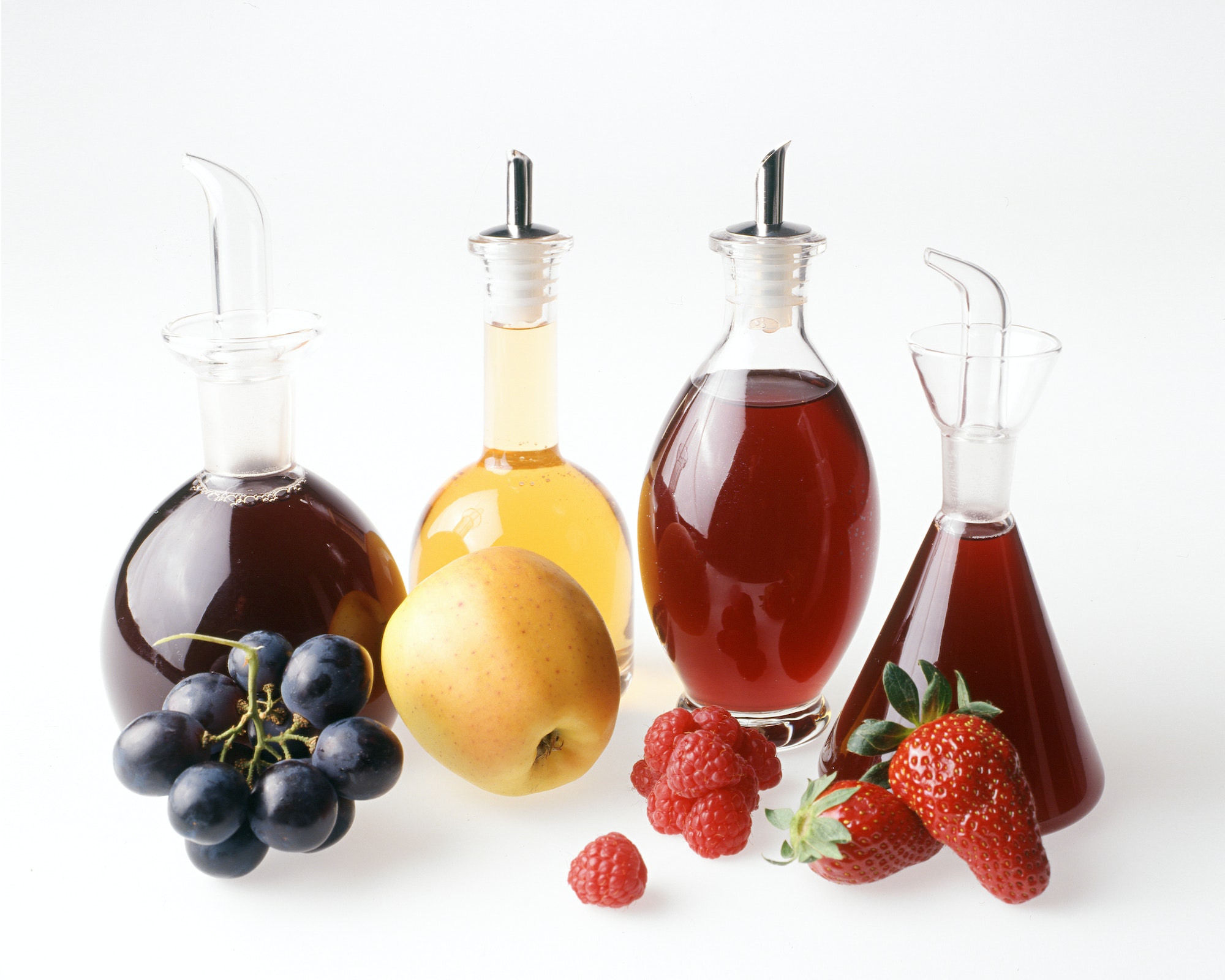Apple cider vinegar is a popular pantry staple, known for its versatility in cooking, cleaning, and even health benefits. However, it’s not the only fruit-based vinegar available in the market. Fruit-based vinegars offer a unique blend of flavors and acidity that can elevate your dishes to gourmet status. This article will explore various types of gourmet vinegars made from fruits and discuss their unique characteristics and culinary applications.
Apple Cider Vinegar
Apple cider vinegar is produced from fermented apple juice, which develops its distinctive taste and aroma. It has a mellow, fruity flavor that makes it a versatile ingredient in salad dressings, marinades, and sauces. Some people also use apple cider vinegar for its purported health benefits, such as aiding digestion and controlling blood sugar levels.
Balsamic Vinegar
Originating from Italy, balsamic vinegar is made from the juice of white Trebbiano grapes, which is then aged in wooden barrels for several years. The aging process allows the vinegar to develop a complex flavor profile with sweet, sour, and woody notes. Balsamic vinegar is commonly drizzled over salads, roasted vegetables, or even desserts like strawberries and ice cream. There are different grades of balsamic vinegar; the more aged it is, the thicker and richer the flavor becomes.
Red Wine Vinegar
Red wine vinegar is made by fermenting red wine, resulting in a tangy and robust flavor profile. It pairs well with hearty dishes like meat stews or roasted vegetables but can also be used in vinaigrettes and marinades. The flavor of red wine vinegar varies depending on the type of wine used as its base.
White Wine Vinegar
Similar to red wine vinegar, white wine vinegar is produced by fermenting white wine. It has a milder taste compared to its red counterpart and works well in lighter dishes like seafood or chicken. White wine vinegar also serves as a base for many flavored vinegars, such as tarragon or raspberry vinegar.
Sherry Vinegar
Sherry vinegar originates from Spain and is produced by fermenting sherry wine. It boasts a nutty, rich flavor with hints of caramel, making it a popular choice for deglazing pans and adding depth to sauces. Sherry vinegar pairs well with meat dishes, particularly those with strong flavors like game or duck.
Raspberry Vinegar
Raspberry vinegar is made by infusing white wine vinegar with fresh raspberries, resulting in a fruity and slightly sweet taste. It’s perfect for adding a burst of flavor to salads, marinades, or even desserts. Raspberry vinegar can also be used in cocktails to add a tangy twist.
Black Currant Vinegar
Black currant vinegar is made from the juice of black currants and has a sweet-tart flavor profile. It pairs well with game meats like venison or duck and can be used to deglaze pans for flavorful pan sauces. Black currant vinegar can also be drizzled over fruit salads or ice cream for a unique dessert.
Fig Vinegar
Fig vinegar is produced by fermenting fig puree or juice and has a rich, sweet taste. It’s an excellent addition to salad dressings, particularly those with bitter greens like arugula or endive. Fig vinegar can also be used to glaze meats like pork or chicken for added sweetness.
In conclusion, there’s a world of fruit-based gourmet vinegars waiting to be explored beyond the popular apple cider variety. Experimenting with different types of vinegars can add depth, complexity, and unique flavors to your culinary creations. Don’t be afraid to try new combinations and elevate your dishes to gourmet status.

